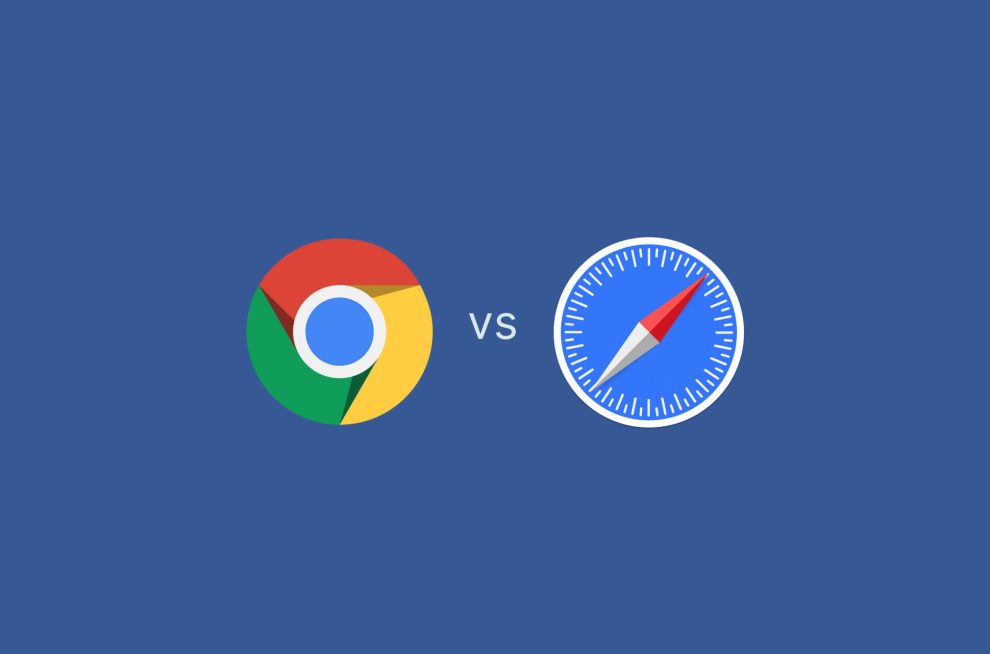For years, Google has reigned supreme as the world’s go-to search engine. However, a hidden vulnerability lies beneath this dominance: Google’s dependence on Apple’s Safari browser, particularly on iPhones and iPads. This reliance is now becoming a major point of contention, with Google actively seeking ways to lessen its dependence on Safari in the face of potential antitrust challenges and a changing mobile landscape.
The Apple Orchard: A Lucrative, Yet Restrictive, Partnership
The heart of the issue lies in a multi-billion dollar deal between Google and Apple. Google pays Apple a hefty sum (estimates suggest over $20 billion annually) to be the default search engine on iPhones and iPads. This ensures that whenever a user conducts a search through Safari, Google reaps the advertising revenue generated from those searches.
However, this partnership is a double-edged sword for Google. While it guarantees a massive user base for its search engine, it also locks Google into Safari and limits its control over the search experience on a significant portion of mobile devices.
The Antitrust Cloud: A Looming Threat
The pressure to lessen reliance on Safari stems partly from the ongoing antitrust lawsuit against Google by the US Department of Justice (DOJ). The lawsuit alleges that Google’s dominance in search is due to anti-competitive practices, including its cozy relationship with Apple.
A key argument by the DOJ is that Google’s financial incentive to be the default search engine on Safari stifles competition in the search engine market. This puts pressure on Google to find ways to diversify its mobile search revenue streams, potentially by encouraging users to switch to its own Chrome browser or the Google app for their searches.
The Rise of the Challengers: A Shifting Mobile Landscape
Beyond the antitrust concerns, the mobile landscape itself is changing. New privacy regulations and user preferences for data control are making it harder for Google to track user behavior and deliver targeted advertising across different platforms. This weakens the effectiveness of search ads delivered through Safari and emphasizes the need for Google to have more direct control over the search experience.
Furthermore, the rise of alternative app stores and browsers on Android devices highlights the potential vulnerability of relying solely on Safari for mobile search dominance. Google needs to ensure its search engine remains readily accessible and its features are well-integrated across various platforms to maintain its market share.
Operation Wean Off Safari: Google’s Multi-Pronged Approach
Google has implemented several strategies to reduce its dependence on Safari:
- Promoting Chrome: Google has intensified efforts to promote its Chrome browser on iOS devices. This includes app store optimization, targeted advertising campaigns, and highlighting Chrome’s unique features and functionalities compared to Safari.
- The Google App Push: Another tactic involves encouraging users to adopt the dedicated Google app for their searches. The Google app offers a more comprehensive search experience, including access to Google Assistant, personalized search results, and deeper integration with other Google services.
- AI and Feature Differentiation: Google is reportedly considering leveraging its advancements in artificial intelligence (AI) to differentiate its search experience within its own apps. This could involve offering AI-powered features like voice search or personalized result summaries that aren’t available through Safari. (However, reports suggest Google ultimately decided against making AI features exclusive to its apps).
The Challenges Ahead: Can Google Escape Safari’s Grip?
While Google’s efforts to lessen its reliance on Safari are underway, the road ahead is not without hurdles:
- User Habits: Safari enjoys a strong user base on iOS devices due to its seamless integration with the Apple ecosystem. Users are often resistant to change, making it difficult to convince them to switch to Chrome or the Google app for their everyday searches.
- Apple’s Control: Ultimately, Apple wields significant control over its platform. Any attempts by Google to circumvent Safari could be met with restrictions imposed by Apple on its App Store or operating system.
- The Innovation Arms Race: Both Google and Apple are constantly innovating. Google’s success depends on offering a search experience that is demonstrably better than what Safari provides, compelling users to switch platforms.
Beyond the Browser Wars: A Future of Choice
The battle between Google and Safari is not just about two tech giants vying for dominance. It’s about the future of search in a mobile-first world. Ideally, this competition will ultimately benefit users by fostering innovation and offering a wider range of choices for search experiences.
Whether Google succeeds in breaking free from Safari’s grip remains to be seen. However, this ongoing struggle highlights the importance of a competitive app ecosystem where users have control over their data and the tools they use to navigate the digital world.
















Add Comment